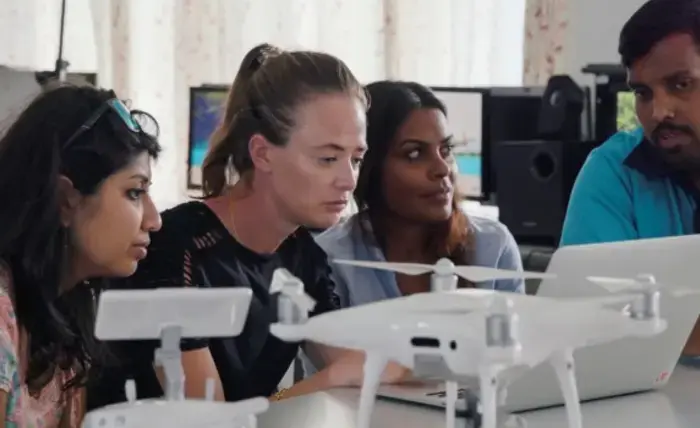Conflicts drive the majority of humanitarian needs. At the same time, the World Bank estimates that as many as two thirds of the world’s extreme poor will live in areas characterized by fragility, conflict and violence by 2030. Furthermore, according to the Overseas Development Institute, only 18% of fragile and conflict-affected states are on track to achieve Sustainable Development Goals (SDG) targets related to unmet basic needs. The COVID-19 pandemic is further increasing pressures, threatening to reverse years of development gains.
The interplay between natural hazards, conflict and fragility – and now also the ongoing pandemic – make the context in some countries particularly complex. Layered situations such as a typhoon occurring in a region hosting refugees in temporary shelters or conflict intensifying in areas struggling to stop the spread of COVID-19 make for challenging environments in which to operate. Any initiative or program carried out will need to factor in these different issues and be tailored to specific circumstances. Although humanitarian and development organizations are becoming more effective and efficient, rising needs require action of all stakeholders and the private sector can support efforts in building more robust and resilient systems for preventing and responding to crises.
Businesses have networks, expertise and resources. Hence effective collaboration and coordination mechanisms between the public and the private sectors could strengthen the support provided to affected populations. Country-level private sector collective action platforms like CBi Member Networks provide a clear entry point for companies to engage, including in fragile situations and conflict-affected areas

